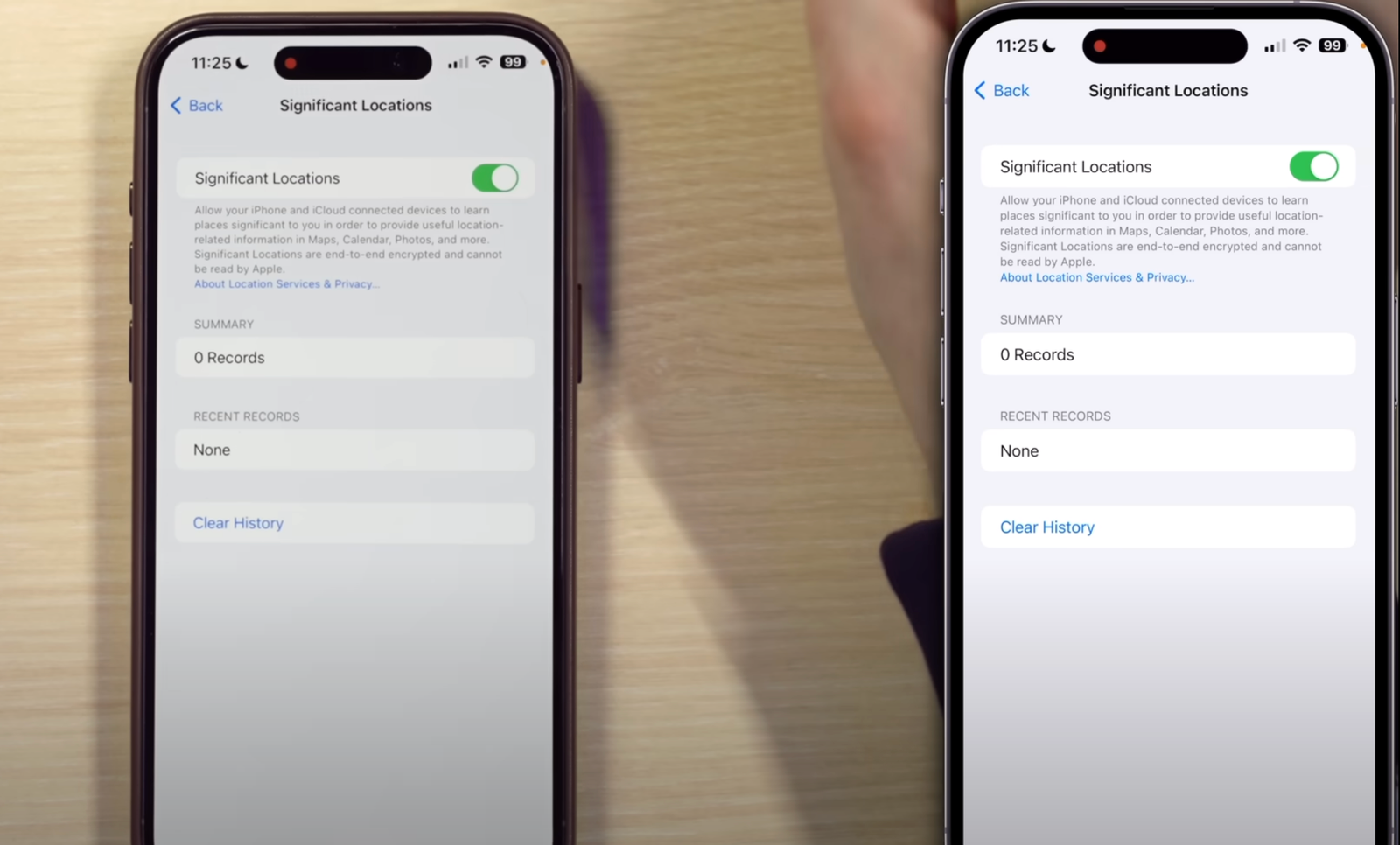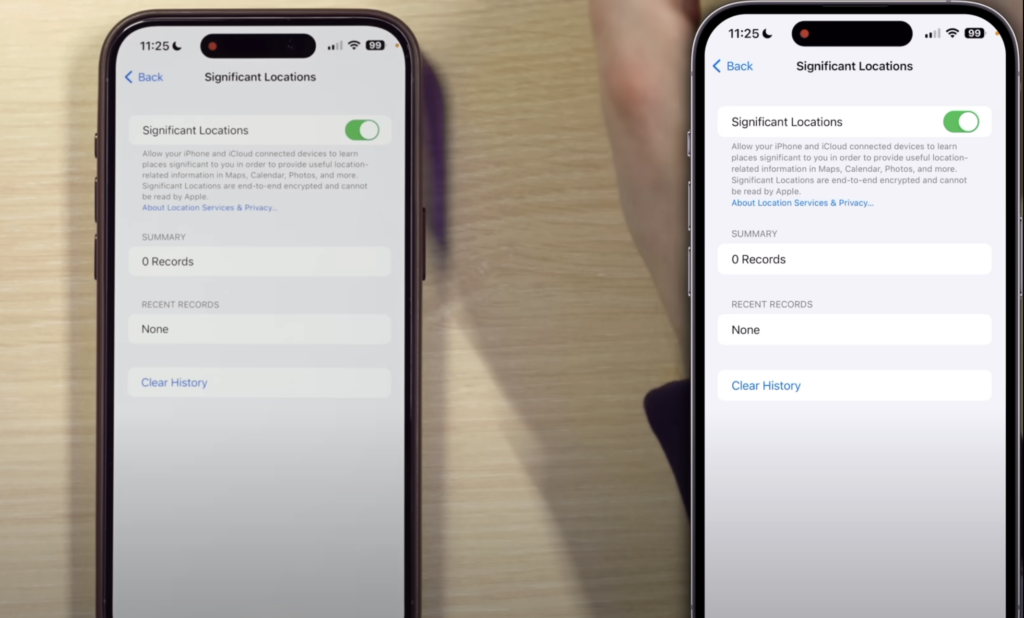Physical Address
304 North Cardinal St.
Dorchester Center, MA 02124
Physical Address
304 North Cardinal St.
Dorchester Center, MA 02124


Discover Apple Intelligence Features in iOS 18.1 Today!
Consider the pros and cons before choosing to share or not share iPhone analytics with Apple: When considering if we should share iPhone analytics with Apple, the decision depends on these points:
The data derived from the iPhone analytics can be shared with Apple, which will help them in improving their products and services.The sharing of iPhone analytics data can help Apple in three ways.
Firstly, the data helps in improving the customer experience, as it helps Apple understand the issues of the users. For instance, it gives an idea about the amount of time spent on a single app or website.
Secondly, Apple designs and develops an app for their users. Analytics helps them by gathering information about how the app is used. This information is essential to improve the app and make it more user-friendly. For example, knowing which page is most frequently visited can help in improving that particular page.
Another way data helps Apple is by understanding the user’s experience on a website. For example, if there is a page that is causing problems, then it can be identified.
In conclusion, Apple should utilise the iPhone analytics data for a better user experience.
Meaningful user experience: Apple leverages data to identify and fix bugs, maximise performance and therefore improve overall functionality.
Product development: The data can be used to design new features and improve existing ones in light of actual usage.
Battery life optimization: Analytics data can help Apple improve battery performance across devices
App improvements: Developers can use the data to enhance their apps and address issues
Overall, there could be value in sharing analytics but we should also be mindful of the potential privacy consequences:
Collection: [An iPhone] can contain information about the hardware configuration, performance metrics and app usage.
Location data: If Location Services are enabled, your device’s location may be sent to Apple for performance analysis.
Data correlation: Apple might associate data about how you use your various devices under the same iCloud account, although (and importantly) this is done without identifying you.
Apple has implemented several measures to protect user privacy:
Anonymization: The collected information does not identify you personally.
Privacy-preserving techniques: Apple uses methods like differential privacy to protect personal data.
Minimal data collection: user data is either not collected at all or deleted from reports before they are sent to Apple.
User control: On your device, you can review the data collected and you can disable the analytics reporting feature entirely at any time.
Either way, it’s your call. If you are okay with relying on Apple’s privacy policy and you want to help improve Apple’s products, then leave the iPhone analytics sharing feature on. On the other hand, if privacy is your highest concern, turn off this feature, as well.
To manage your analytics sharing settings:
Go to Settings > Privacy & Security > Analytics & Improvements
Toggle the “Share iPhone Analytics” option on or off
Bear in mind, even if you opt out of supplying analytics, your iPhone will still work as before, and you’ll get new software releases and customer support from Apple.
About analytics and privacy
With your permission, macOS can automatically collect analytics information from your Mac and send it to Apple to help improve the quality and performance of its products. This information is sent only with your consent and is submitted anonymously to Apple